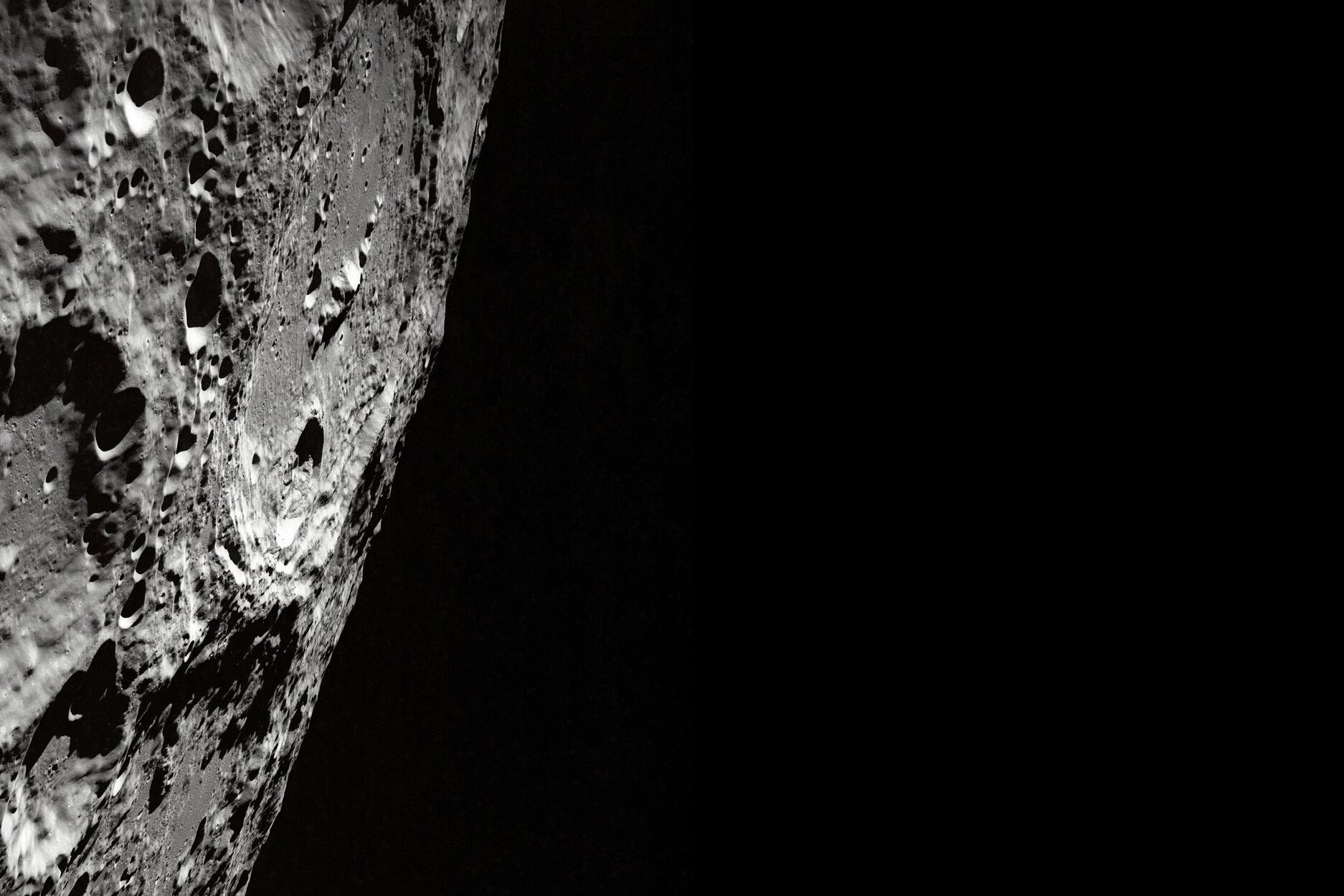
The literature of science fiction looks at the role science (in its very broadest sense) plays in people’s lives and asks what kinds of impacts it could have in the future.
I am trained as a scientist and have worked with scientists as an editor for forty years. I have also written many short stories and novels in that time, the best of which I am now publishing.
Guy Riddhough
Science has made the world a materially better place and has dramatically improved our life spans and standards of living. Science is mostly an internally robust system for tackling the problems we face as individuals, as societies, and as a planet. If there is hope for the future, it is through science.
Of course, science has also been used as a tool to improve methods for killing people, for torture and suppression of free thought. What path will scientists choose, either of their own volition or in collaboration with or at the behest of politicians and military leaders, to change the world?
These are some of the issues I explore in The Glass Weaver’s Tale and Other Stories — the impact of science and its sequelae on the lives of individuals and societies. Of course, SF should also be fun and thought-provoking, and I hope I have also managed to capture some of the thrill and excitement that science fiction can offer.
Press Info

Writing
I have written many science fiction short stories, the first seven of which appear in the collection “The Glass Weaver’s Tale and Other Stories,” available now.
I recently finished a second collection of science fiction stories, “The Four Ages of Death and Other Stories.” I am also collecting together a number of stories for a horror short-story collection.
I have written several novels, all unpublished, and am in the middle of writing a new novel “Heaven’s Gates.” I intend to publish at least one of them in 2025.
Over the years I have written primary research papers, science reviews for Nature, Nature Structural Biology, and PNAS, reviews for Science, the New Scientist, the Independent newspaper, and various papers around the world through the Nature news syndication service.
I worked with Life Science Editors for several years and internationally recognized researchers in areas including molecular biology, cell biology, biological chemistry, evolutionary biology, as well as other biology-oriented fields, to advise on and improve the presentation of their research for publication in top-flight research journals.
Who are the authors I most revere? Stanislaw Lem, for his slow-burn philosophical scifi; Christopher Priest for his mind-bending mirror fiction; Gene Wolfe for his stunning world-building; John Wyndham for his plot and narrative genius; and J.G. Ballard for his surreal visions of the future. I take elements from these authors and blend them into stories that span genres and hybridize tropes to create worlds sometimes deceptively familiar and at others far, far different than the places we know.

I was trained as a molecular biologist, completing my PhD at the Laboratory of Molecular Biology in Cambridge, England (where James Watson and Francis Crick built the first structural model of DNA).
After three years of post-doctoral research in Oxford, England, I joined the research journal Nature, in London, as an editor. I then launched the Nature sister journal Nature Structural Biology, moving to Washington DC to run the journal. After a brief stay in New York City, I moved back to Washington DC to work at the Proceedings of the National Academy of Sciences, before joining Science magazine.
I have lived in the Philippines and Sri Lanka. I was until recently a freelance science editor. I am now a science fiction writer located in Maputo, Mozambique.


